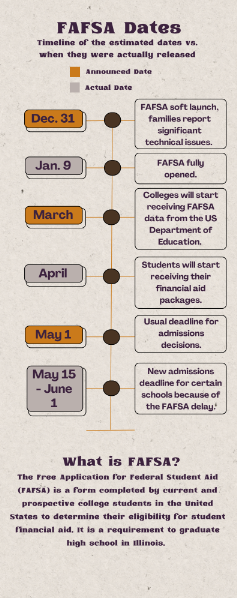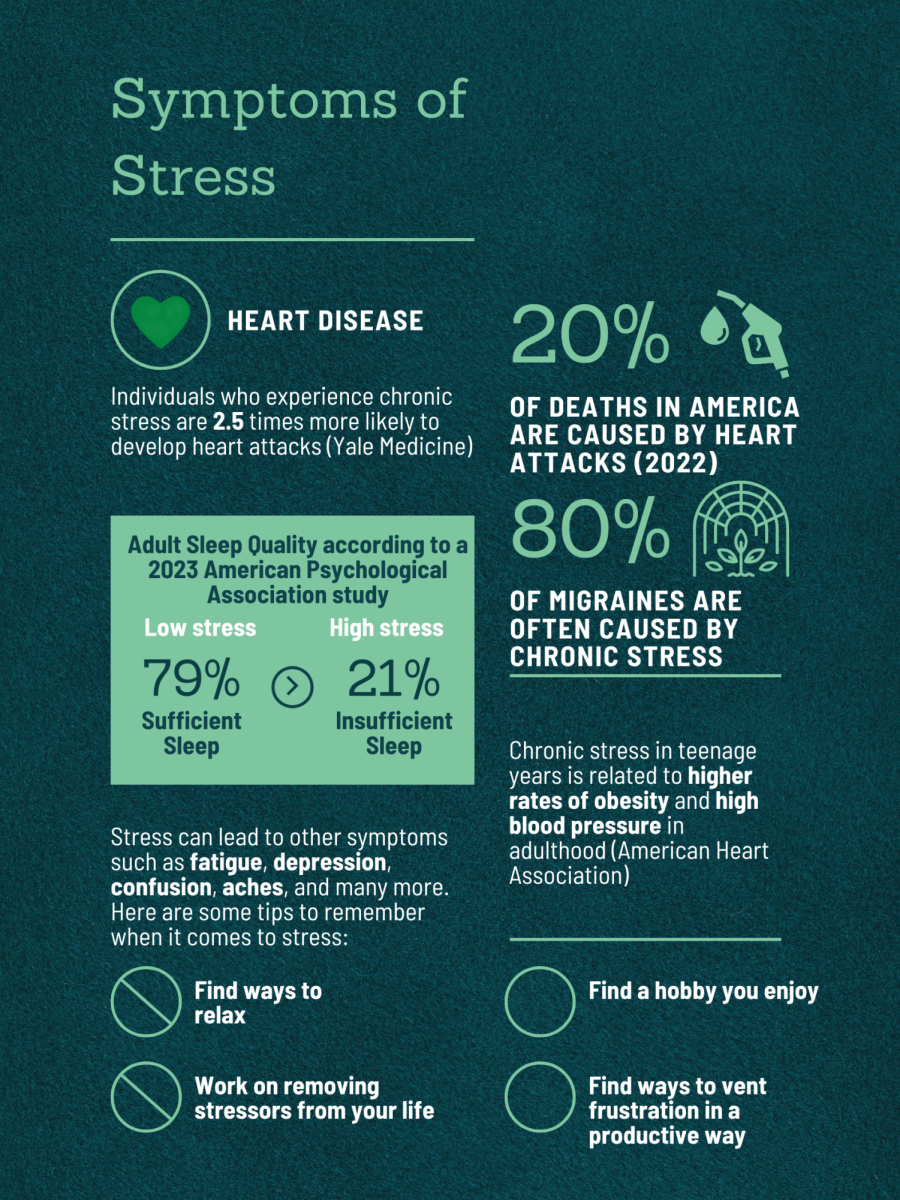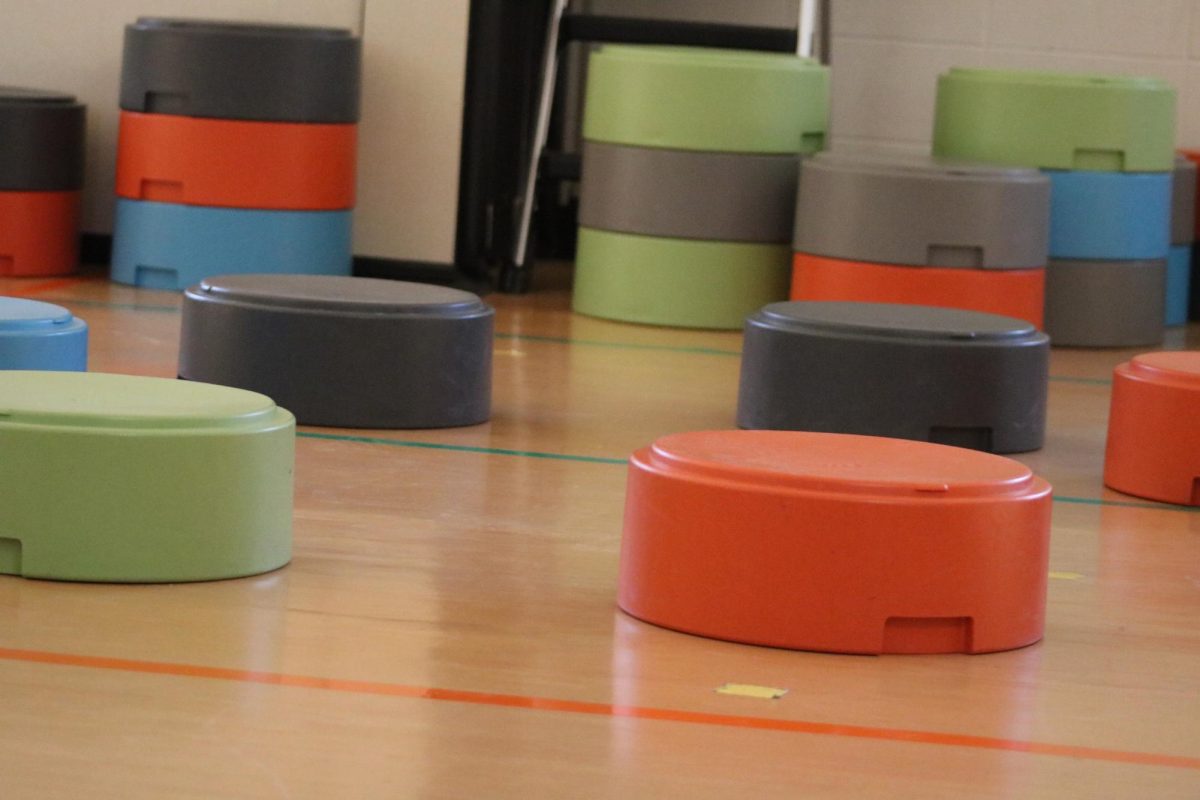The Free Application for Federal Student Aid (FAFSA) underwent simplification changes for 2024 which has delayed its release, causing a chain reaction in the college decision process for many seniors.
Typically, the FAFSA application would be accessible on Oct. 1 for students to fill out and send off to colleges in preparation for finding out how much money they could receive in aid. This year, the updated FAFSA questionnaire was soft launched on Dec. 31.

According to LHS College Resource Center (CRC) Post Secondary counselor Erin Murphy, who has been very involved in updating students, the soft launch was met with “some weird glitchy things that specifically impact arguably students who need the assistance most.”
Many students were not able to properly complete the questionnaire and were met with many technological issues.
“It’s [rollout was] a failure in layered ways,” Ms. Murphy said. On Jan. 9, the program was officially launched to the public.
However, even more setbacks were announced when the Department of Education released a statement informing the public that colleges will not receive the FAFSA data until March. This means students won’t receive notification of potential aid until April at the soonest.
“Since the end of January., The Department of Education has had 3.1 million completed FAFSAs floating around cyber,” Ms. Murphy explained. “But with their technology, the way it’s been read, they aren’t able to connect those dots to the college offices. So for students who are sitting in that 3.1 million, no college is going to get your information until mid March at the soonest.”
According to Forbes business magazine, the Department of Education, which oversees the Federal Student Aid Application, updated the FAFSA in order to better calculate each student’s financial need packages. It will include fewer questions in the process, narrowing it down from 100 to 50. There are also major changes to inputs for the calculations.
Families that may have multiple students in college at a time will not receive any extra aid, meaning students who reapply for the FAFSA each year could receive less in their aid packages. Additionally, those applying for the federal aid will need to report the parent who is providing the most financial support, even if they may not live with them full time.
This also rushes FAFSA employees who will be looking through all this data to get the packages sent out as soon as possible with much less time than in the past.
Traditionally, the deadline to choose which school one will be attending has been May 1, but this will look a little different this year. Many schools have pushed back that commitment deadline to May 15 or even as far back as June 1.
Ms. Murphy explained that she has reached out to schools like Illinois and Wisconsin and were told students may not know financial aid even until late April, creeping very close to that traditional May 1 deadline.
The commitment date is now varied for many schools across the country to ensure that students have enough time to properly and holistically make the best decision for their next steps of education. Many schools have said that all the factors, especially the financial aspect, need to be considered in that decision process before being able to officially commit to a school.
“Your class is sitting in the same space of delay on delay,” Ms. Murphy said. “You’re gonna get to make your decisions and you’re gonna have time but you’re sitting in a sense of discomfort.”
For many students feeling rushed or overwhelmed by this decision, some may disregard the potential federal aid and not consider it in the process of picking a school. Thus, leaving money on the table that could influence that decision process.






